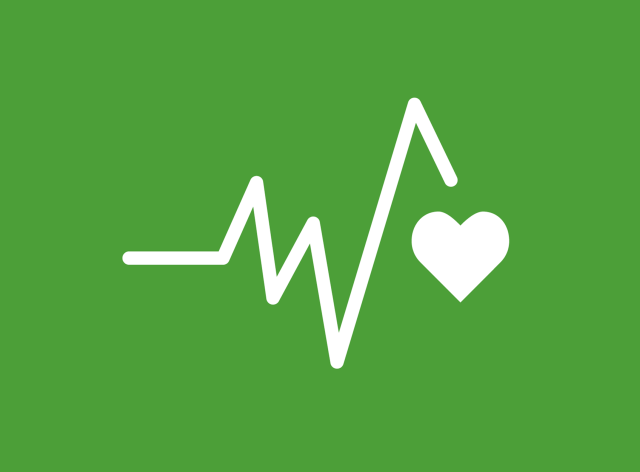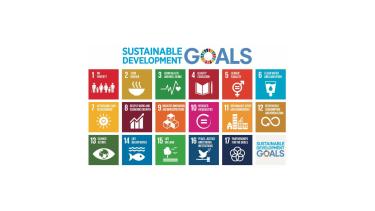On this page, you'll find a report on all the actions and activities initiated at the University of Namur in connection with United Nations Sustainable Development Goal #3: "Good Health and Well-Being".
Social impact and actions
Institutional initiatives
The Domaine d'Haugimont
Located in the heart of the Condruzian countryside, the Domaine d'Haugimont spreads out over the commune of Gesves, 18 km southeast of Namur. Since 1978, it has been an exceptional teaching and research site for students (of veterinary medicine, economics, geology and history) and scientists from the University of Namur. It is also open to the public and schools for training, discovery and leisure activities. Finally, the UNamur Sheep Research Center offers specialized training courses for breeders.
Among the many initiatives carried out at the Haugimont estate:
- Haugimont duck farm.
- Collection of old varieties of wheat at Haugimont for the establishment of a bread-making wheat sector in the Cœur de Condroz territory.
- Vast flock of ewes (400) with production of lambs for consumption and valorization of the wool in Verviers.
- Amendment of the Haugimont meadows solely by composting the ewes' bedding.
- Testing the first anti-wolf fence: UNamur is a member of the wolf network as a sheep producer.
- Vastes vergers, where the public is invited each year to take part in apple picking during the traditional "maraude".
More info on events at Domaine d'Haugimont.
Recognized as Site of Great Biological Interest, the Domaine d'Haugimont is home to many remarkable animal and plant species.
New projects:
- the creation of an approved nature reserve
- the creation and maintenance of new ponds
- the extension of the resilient forests project to chalarose ash groves.
- Pro Silva silviculture project entitled
- Participation in the "Forêts résilientes" project (Wallonia Recovery Plan): "30 years of Pro Silva silviculture at Haugimont (UNamur): ecological and economic assessment - Lessons and prospects for resilient forests in Wallonia". Find out more.
More info on the domain of Haugimont.
Calls Campus Namur Durable (CaNDLE)
Since 2013, the Campus Namur Durable (CaNDLE) calls have been designed to invite the university community to propose actions whose aim is to make the campus and university activity more sustainable in the short, medium and long term.
The first and second CaNDLE calls contributed, in 2013 and 2015, to the realization of eight projects likely to improve the sustainability of the campus or university activity. The 2021 call saw the launch of five new eco-responsible initiatives proposed by UNamur members and funded by the Jerome Fund for Sustainable Development.
In 2023, UNamur launches a fourth CaNDLE call funded thanks to the joint support of the Jerome Fund for Sustainable Development and the Assembly of Circles of UNamur students. A total of 7 projects are being funded in this call.
Nest boxes in Namur for swifts
As part of the CaNDLE "Apus au campus" project, several swift nests are present on buildings on the UNamur campus. A conservation project run by several URBE researchers in collaboration with SIGEC and the non-profit organization Natagora. Learn more
More info on CaNDLE projects here.
Heart of the Forest - UbiCast project
For the past two years, UbiCast, supplier of the audience capture solution deployed at UNamur, has replaced its end-of-year "goodies" with participation in reforestation projects. This year, UNamur is sponsoring 22 trees located on a project plot in Bolivia.
.Education
Through lifelong learning, the university aims to support civic participation and social cohesion, but also competitiveness and employability. UNamur aims to offer those who so wish the opportunity to continue their training, reorientate themselves and adapt to changes in the workplace. To this end, UNamur has developed a number of training courses: certificates, micro-credits (coming soon), specialization masters with staggered working hours.
Research
Discover all publications related to the sustainable development goal "No Poverty" on the UNamur research portal.
Publications related to the sustainable development goal "No Poverty" on the UNamur research portal.
ERAMET is a project funded to the tune of 6 million euros as part of the Horizon Europe program. It is a collaborative, multidisciplinary project that aims to improve the scientific database that guides regulatory bodies' decisions on drugs, particularly for rare and pediatric conditions.

